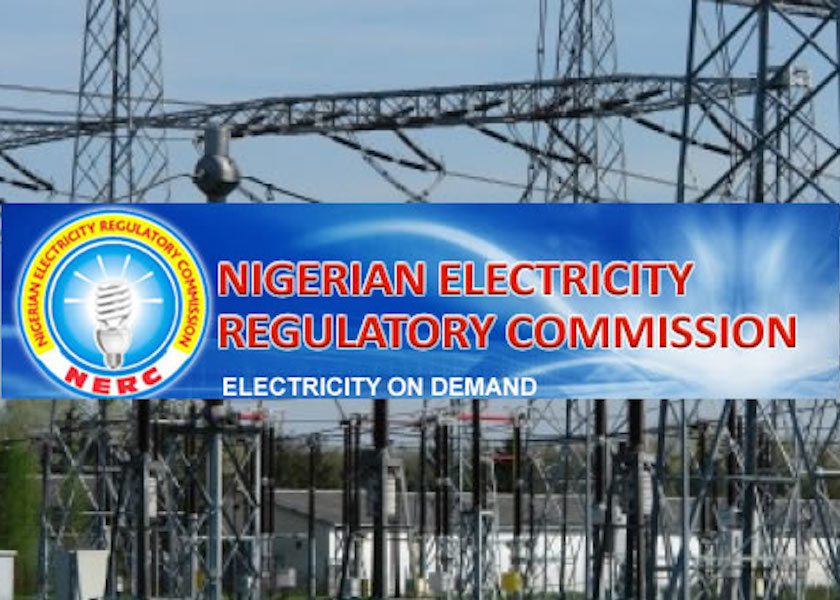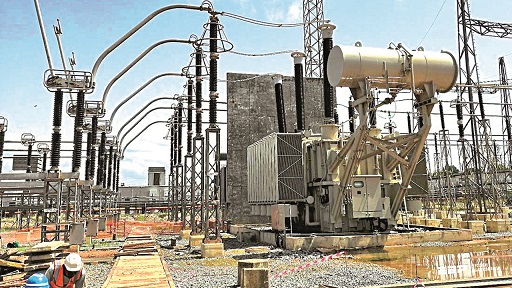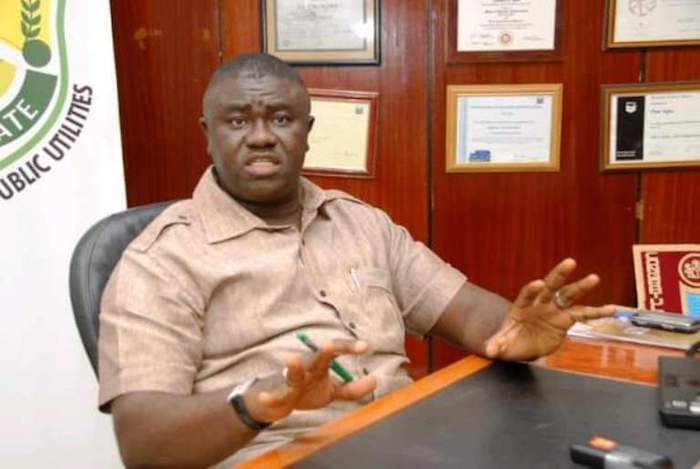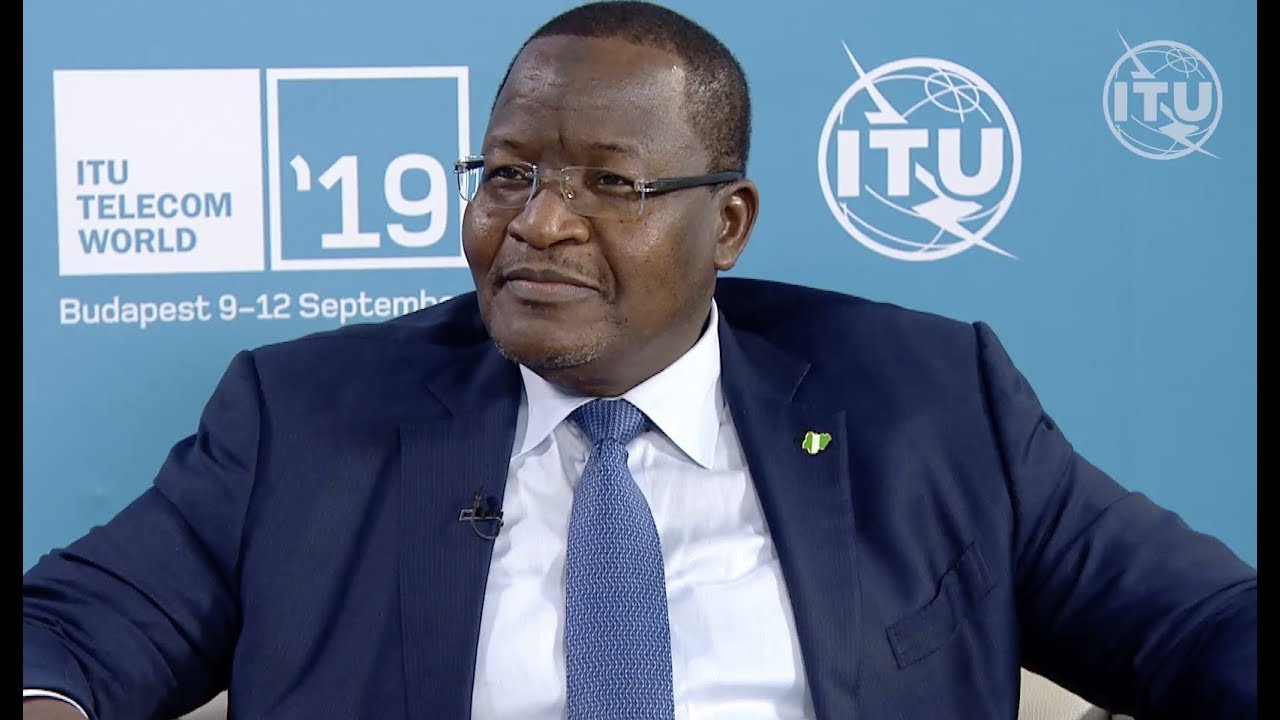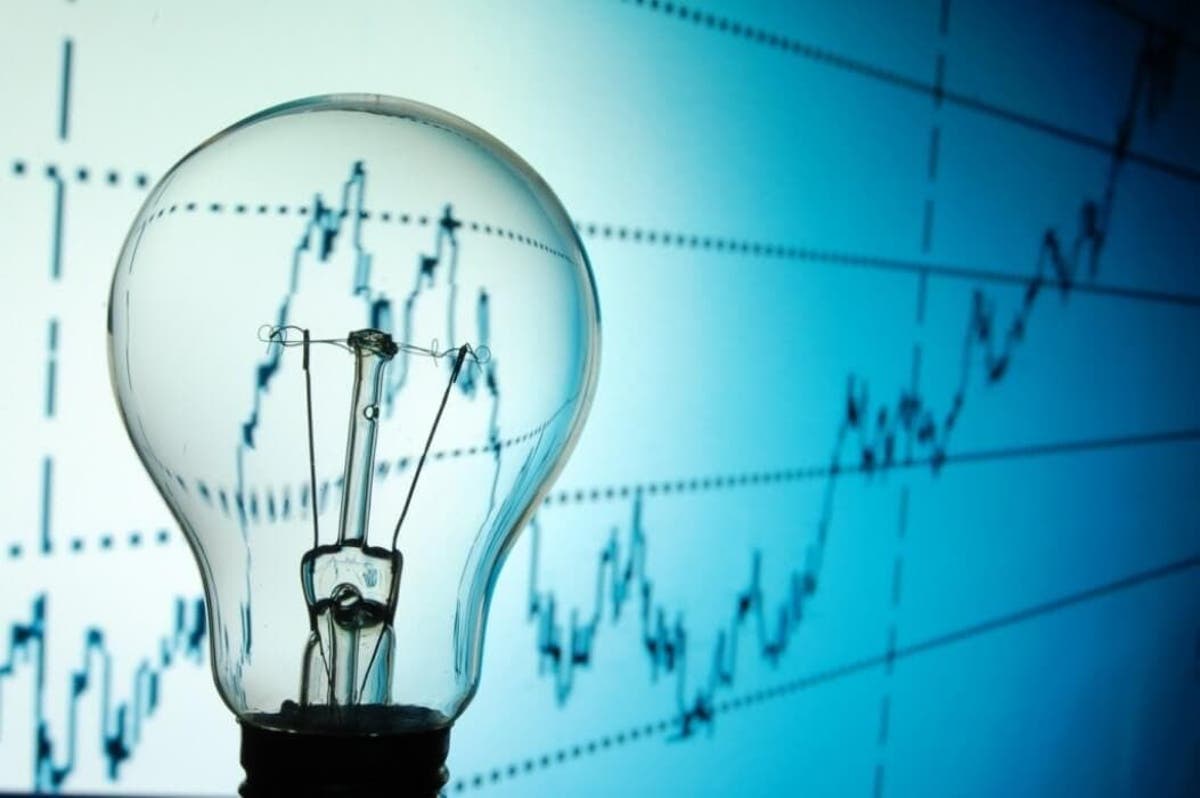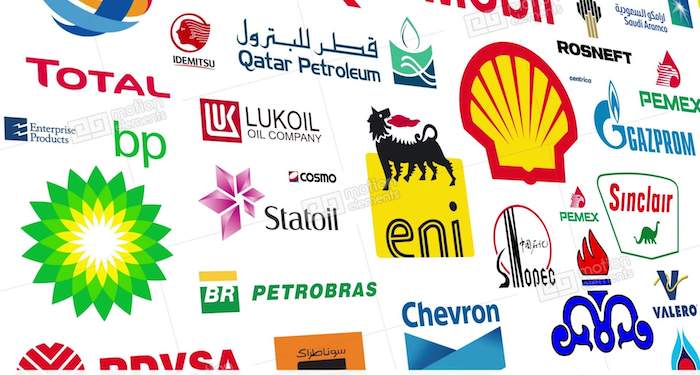
Nigeria To Spend N6.72tr On Subsidy Next Year
The Federal Government will earmark N6.72trillion for fuel subsidy in 2023 ,Mrs Zainab Ahmed, the Minister of Finance Budget and National Planning,has said. The Minister ,who disclosed this in Abuja on Thursday


